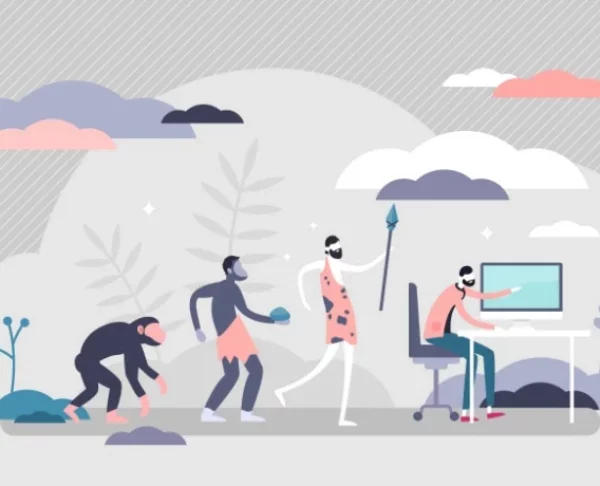The digital age has ushered in a new era of education, one where the pursuit of knowledge is no longer confined to traditional classrooms. Lifelong learning, the concept of continuous education throughout one’s life, has been revitalized by the availability of online resources and Massive Open Online Courses (MOOCs). These platforms offer unprecedented access to diverse subjects, enabling individuals to expand their horizons, acquire new skills, and stay intellectually engaged throughout their lives.
The Rise of Online Learning
Online learning platforms have revolutionized the way we acquire knowledge. With the click of a button, learners can access a wealth of information, courses, and experts from around the world. This accessibility breaks down geographical barriers and allows individuals to learn at their own pace, fitting education into their busy lives.
Massive Open Online Courses (MOOCs)
MOOCs have emerged as a popular form of online education. These courses, offered by universities and institutions, are open to anyone with an internet connection. They cover a wide range of subjects, from computer science to history, and often include interactive assignments, videos, quizzes, and discussion forums. MOOCs offer the flexibility to learn from renowned professors and experts in a variety of fields.
Advantages of Lifelong Learning Online
- Flexibility: Online resources and MOOCs allow learners to design their learning schedules, making education accessible to individuals with various commitments and lifestyles.
- Diverse Subjects: The range of available courses caters to diverse interests, enabling learners to explore fields beyond their expertise or career paths.
- Global Community: Online platforms connect learners worldwide, fostering a sense of community and enabling cross-cultural discussions.
- Self-Paced Learning: Online resources let learners set their own pace, allowing for a deeper understanding of subjects without the pressure of traditional deadlines.
- Skill Enhancement: Lifelong learning is not limited to academic pursuits; it’s an opportunity to acquire new skills or improve existing ones.
Navigating Online Learning
- Goal Setting: Define your learning objectives and goals. Are you seeking personal enrichment, career advancement, or skill development?
- Research: Explore various online platforms and read reviews to find courses that align with your interests and goals.
- Time Management: Create a realistic study schedule that fits your routine. Consistency is key to successfully completing online courses.
- Engagement: Participate actively in discussions and assignments. Interacting with fellow learners enhances the learning experience.
- Resource Utilization: Take advantage of supplementary materials, such as reading lists and additional resources provided by the course.
Challenges and Tips
- Self-Discipline: Online learning requires self-motivation and time management. Set specific times for learning to avoid procrastination.
- Overwhelm: With a plethora of courses available, it’s easy to feel overwhelmed. Start with subjects you’re genuinely curious about.
- Accountability: Share your learning goals with friends or family who can offer encouragement and support.
Conclusion
Lifelong learning in the digital age is a testament to the power of technology to democratize education. Online resources and MOOCs empower individuals to take charge of their intellectual growth, explore new frontiers of knowledge, and enhance their skills throughout their lives. As we continue to navigate the ever-evolving landscape of education, embracing lifelong learning online offers an exciting pathway to personal enrichment and a more knowledgeable, connected, and engaged global community.




